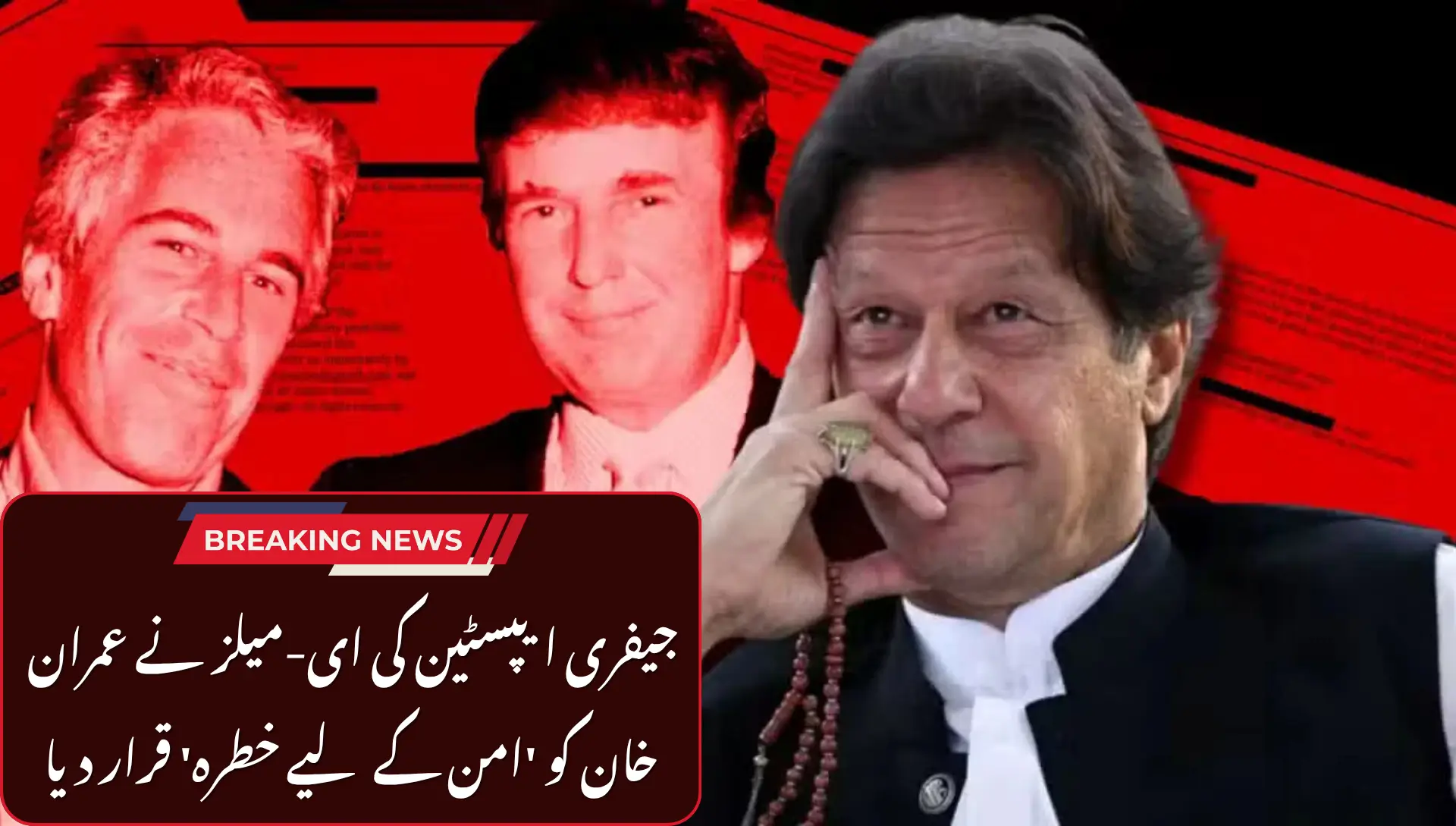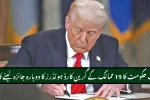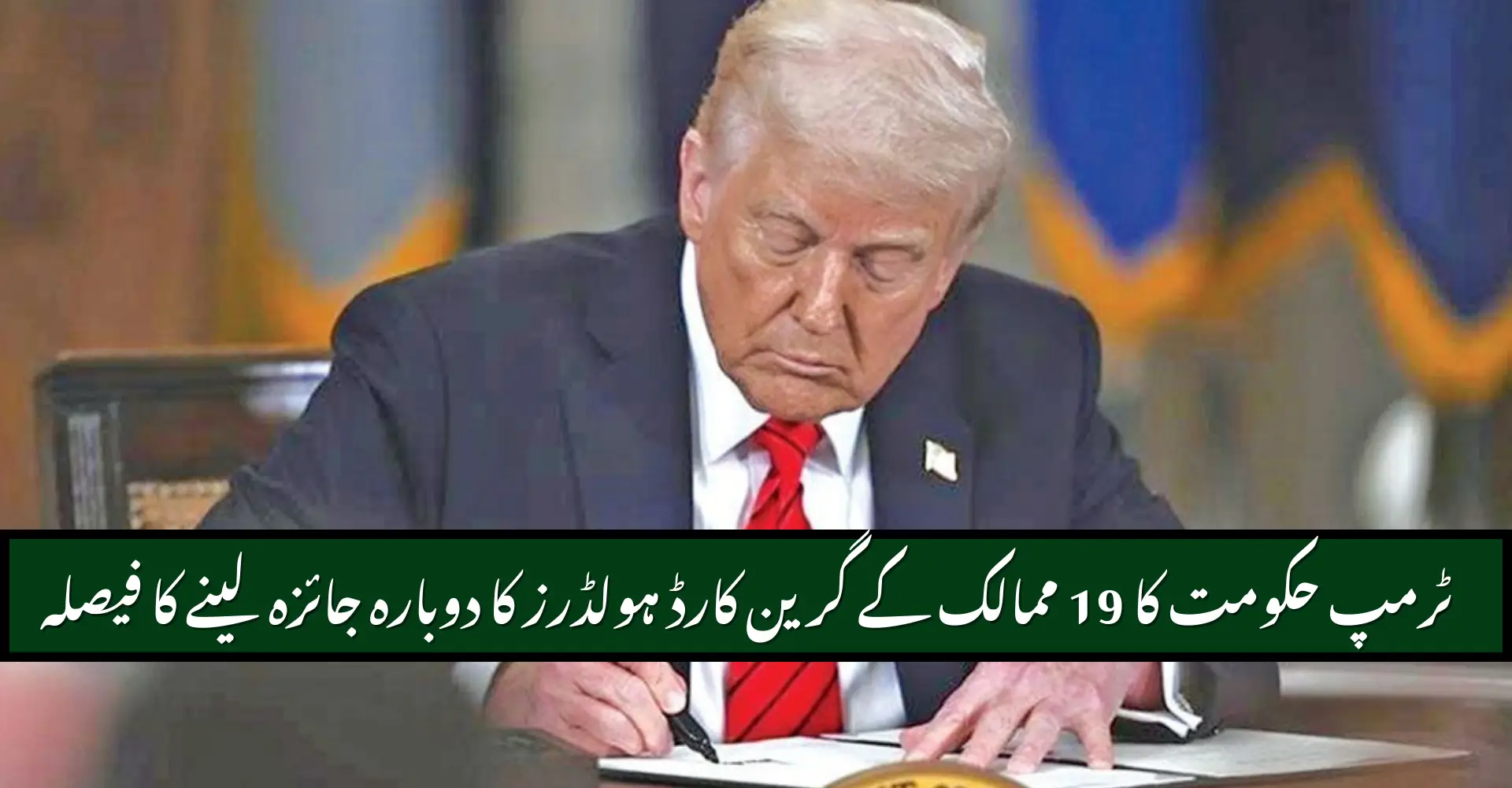Jeffrey Epstein Emails Imran Khan: Newly Released Records Call Him a ‘Threat to Peace’. Newly released documents from the U.S. House Oversight Committee have sparked global debate especially after previously unseen Jeffrey Epstein emails surfaced describing Pakistan’s former Prime Minister Imran Khan as a “major threat to peace.”
In this article we will break down what the leaked emails say, why they matter, and how these revelations are shaping political conversations in 2025.
What the Newly Released Epstein Emails Reveal About Imran Khan
The emails appear in a larger data release published by Democratic members of the U.S. House Oversight Committee, containing conversations Epstein had with his network between 2009 and 2019.
One email dated July 31, 2018, just days after PTI’s victory in Pakistan’s general election, has drawn the most attention.
According to the disclosed message:
- Epstein directly called Imran Khan a “greater threat to peace” than several global leaders.
- The conversation originally focused on international politics before shifting abruptly to Pakistan’s new prime minister.
- Epstein compared Khan unfavorably to world figures like Vladimir Putin and Xi Jinping.
His comments, though unverified and personal, have led to renewed questions about Epstein’s political engagements and the accuracy or intentions behind his assessments.
Epstein’s Comparison With Global Leaders
In the email exchange, Epstein listed several leaders and placed Imran Khan above them in terms of being a geopolitical “threat.”
Leaders Epstein Mentioned in His Assessment
| Leader | Country | Why Epstein Compared Them |
|---|---|---|
| Vladimir Putin | Russia | Global power and territorial expansion |
| Recep Tayyip Erdogan | Turkey | Regional influence and political control |
| Ayatollah Khomeini | Iran | Ideological authority and nuclear ambitions |
| Xi Jinping | China | World economic and military presence |
Despite acknowledging these powerful figures, Epstein insisted Imran Khan posed a “much greater threat to peace.”
His unidentified correspondent even asked:
“Are you talking about the populist in Pakistan?”
But Epstein doubled down, describing Imran Khan as “really bad news.”
These statements appear to be Epstein’s personal opinions, not based on any official intelligence or evidence.
Personal Claims Epstein Made About Imran Khan
The emails include several personal remarks about Imran Khan.
While these comments remain unverified, they are part of the conversation and therefore included in the document release.
Epstein’s Descriptions of Imran Khan
- “Incapable of truth”
- “A devout Islamist”
- Concerns over Pakistan’s nuclear arsenal under Khan
- References to his marriages
- Claims that Khan could “mobilize massive crowds”
- Described him as a “cricket captain, not a chess player”
This last statement appeared to imply that Epstein viewed Khan as driven by emotion and popularity rather than long-term strategy.
Again, these opinions reflect Epstein’s personal views—not factual assessments.
How Long the Exchange Lasted & Topic Shift
The email exchange reportedly moved to other global issues after around 40 minutes of discussion.
This short but intense conversation is what triggered global coverage, especially in South Asia, where debates over Imran Khan’s political history remain deeply divided.
What Do the Epstein Documents Reveal About His Network?
The new records do far more than mention Imran Khan. They offer a rare look into Epstein’s massive network of political, business, and social contacts.
High-Level Names Connected in the Emails
According to the released data, Epstein communicated with:
- Advisers close to Donald Trump
- Individuals associated with Prince Andrew
- U.S. political influencers
- Business elites
- Global strategists and lobbyists
Some emails even suggest:
- Trump was aware of Epstein’s misconduct
(Trump strongly denies these claims) - Epstein tried to position himself as an expert in global politics
This data dump, covering 2009–2019, is the most extensive public look into his communications before his death in 2019.
U.S. Lawmakers Push to Unseal All Epstein Records
Following this release, several U.S. lawmakers are now urging that all Epstein evidence be made public.
Their objective:
- Reveal the names connected to Epstein’s alleged trafficking network
- Ensure transparency in high-level political dealings
- Address unanswered questions around his influence and protection
The upcoming vote in Congress could determine whether thousands of documents—including names, testimonies, email chains, travel logs, and witness interviews—become fully public.
Former President Trump called the renewed focus a “hoax”, but also stated investigators should look into Epstein’s ties with Bill Clinton, particularly their travel history together.
Why Epstein’s Comments on Imran Khan Matter in 2025
1. Political Relevance
Imran Khan remains a central figure in Pakistan’s politics, even from prison or political exclusion.
Any foreign commentary—especially from controversial figures—attracts attention.
2. Global Narrative
The emails fuel discussions on how Western elites perceived Pakistan’s leadership during a period of major geopolitical shifts.
3. Influence Networks
The revelations highlight:
- How globally connected Epstein was
- How frequently political topics surfaced in his conversations
- How Pakistan’s political landscape was viewed internationally
Breakdown of Key Claims from Epstein’s Email
Below is a clean, structured summary of the claims and commentary surrounding the Imran Khan remarks:
| Category | Epstein’s Claim | Verification Status |
|---|---|---|
| Leadership Style | “Cricket captain, not chess player” | Personal opinion |
| Integrity | “Incapable of truth” | Unverified |
| Ideology | “Devout Islamist” | Opinion, not evidence-based |
| Nuclear Concerns | Feared instability | Speculative |
| Threat Level | “Greater threat than Putin, Xi, Erdogan” | Subjective |
| Personal Life | Marriage references | Unverified & inappropriate |
These points reflect Epstein’s personal views and hold no official geopolitical authority.
Pakistan’s 2018 Election & PTI’s Rise
To understand why Imran Khan appeared in Epstein’s conversation, it’s useful to revisit the political climate.
What Happened in 2018?
- PTI won the general election
- Imran Khan became Prime Minister
- His image as a “populist reformer” gained global attention
International observers were watching Pakistan closely due to:
- Security issues
- Civil-military dynamics
- Economic challenges
- Regional instability
This visibility likely explains why he became part of Epstein’s political discussions.
How the Public Is Reacting to the Leaked Emails
In Pakistan
The reaction is sharply divided:
- Supporters of Imran Khan call the leaks “irrelevant” or “politically motivated.”
- Opponents use the commentary to criticize Khan’s international reputation.
- Analysts caution against taking Epstein’s political opinions seriously.
Internationally
The reaction is more curiosity-driven than political, centered on:
- Why Epstein discussed Pakistan at all
- What other global leaders he commented on
- How deep his influence networks ran
Has Any Evidence Supported Epstein’s Claims?
In short: No.
There is no official record or geopolitical assessment suggesting:
- Imran Khan threatened global peace
- Pakistan’s nuclear program became riskier under PTI
- International security agencies considered him a danger
Epstein was not a diplomat, analyst, or intelligence official.
His assessments reflect personal bias, not factual analysis.
Expert Commentary on the Leaks (2025)
Political experts generally share three views:
1. Epstein Had Personal Biases
He often used dramatic language; his political evaluations were not respected.
2. Imran Khan Was a Polarizing Leader
Not just locally—globally too.
His outspoken style attracted strong opinions.
3. The Emails Reveal Epstein’s Engagement, Not Insights
They show he talked about politics, not that his insights were valuable.
What the 2025 Epstein Email Leak Adds to Public Knowledge
| What the Leak Confirms | What It Does Not Confirm |
|---|---|
| Epstein discussed Imran Khan in emails | Any factual threat from Imran Khan |
| Emails were part of political conversations | That Epstein had intelligence-level insight |
| Epstein had opinions on global leaders | That his opinions were credible |
| Epstein’s network influenced major circles | That Pakistan was a focus of U.S. agencies |
FAQs
What did the Jeffrey Epstein emails say about Imran Khan?
The emails described Imran Khan as a “major threat to peace,” though the remarks are unverified personal opinions.
Why did Epstein consider Imran Khan a threat?
Epstein speculated about Pakistan’s nuclear program, Khan’s popularity, and ideological leanings, but his claims lack evidence.
Who released the Epstein emails in 2025?
Democrats on the U.S. House Oversight Committee published the new batch of documents.
Are Epstein’s comments on Imran Khan verified?
No. They are personal remarks and not supported by any official intelligence or geopolitical sources.
Did Epstein discuss other world leaders too?
Yes, he mentioned Putin, Xi Jinping, Erdogan, and other global figures in the same email exchange.
Why is Congress voting to unseal Epstein files?
Lawmakers want full transparency around Epstein’s network and potential criminal associations.
What years do the leaked emails cover?
The documents include emails, contacts, and communications from 2009 to 2019.
Does this leak affect Imran Khan’s political career?
It has no direct political impact, but it adds to ongoing global discussions about his leadership and international perception.
Conclusion
The newly released Jeffrey Epstein emails about Imran Khan have stirred fresh debate, but it’s clear these comments are personal views, not authoritative assessments.
For readers and analysts in 2025, the real value of the leak lies in understanding Epstein’s network—not in treating his political commentary as fact.














